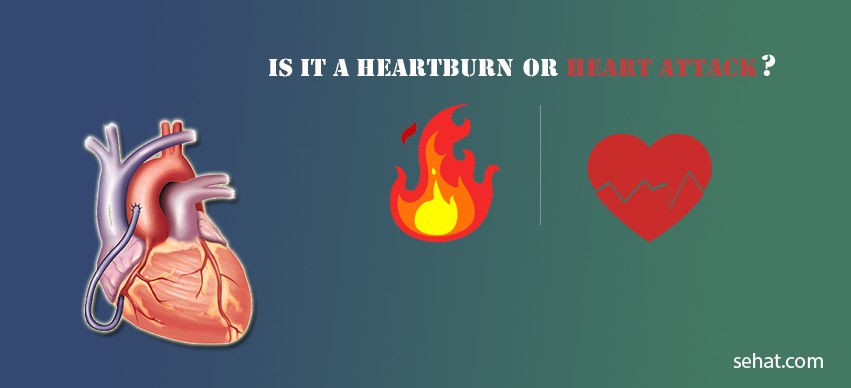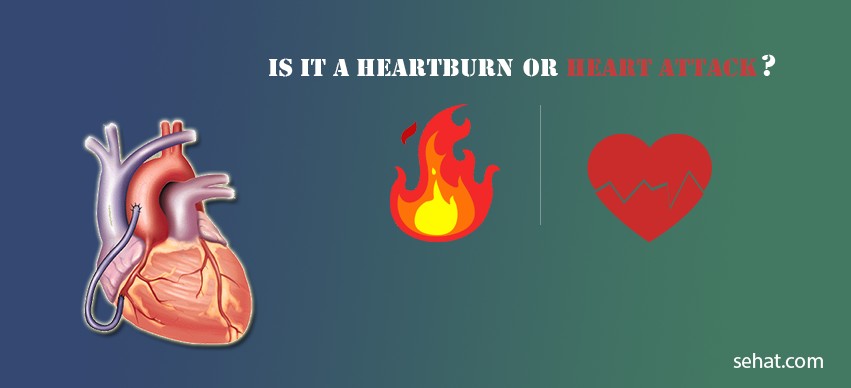How Communities Are Changing the Way We Think About Aging in..
8 Min Read


You had just eaten a hearty lunch and topped it up with a helping of the most wonderful dessert when you feel a burning sensation in your chest. You are in a panic - is it a heart attack or just a heart burn? While heartburn can disappear if you pop a couple of antacid pills, a heart attack is something quite serious - and it may even be a matter of life and death.
Heartburn and chest pain are very different, but can pretty much feel the same. Learn to tell the difference and when you need to seek medical help, call the ambulance. This article aims at throwing some awareness on knowing the subtle difference between a heartburn and a heart attack.
Heartburn isn't a disease or ailment by itself, but a symptom. Let's take a look at the characteristics of a heartburn.
Heartburn can also occur due to:
How would you know if it is a heart attack and not a heartburn? Is it possible to tell the difference? To be quite frank, it can be difficult or almost impossible to tell the reason for a chest pain. Heart attack symptoms can vary quite a bit and that makes it difficult to tell if it is a heart attack or something else. But, watch out for these warning signs of a heart attack:
It should be borne in mind that a muscle spasm in the esophagus or pain in the gall bladder can also cause different types of chest pain.
The similarity in symptoms arises from the fact that the nerves in the stomach and heart do not send clear signals to the brain about the source of pain.
During a heart attack, the symptoms can last for 30 minutes or longer and the pain will not come down by nitroglycerin placed under the tongue. Have you heard of a silent heart attack? Some people have a heart attack but it does not show any symptoms. It is called a silent myocardial infarction and it is more prevalent among people with diabetes.
If you suffer from heartburn or other digestive system related disorders regularly, you can take an antacid and consult your doctor. Remember: If the heartburn is accompanied by shortness of breath, sweating, nausea, and if you feel the pain radiating into your shoulders and arms - do not take any chances - call for an ambulance. It is most essential that you have the right diagnosis and prompt treatment - that will surely save your life.
The faster you reach the hospital, the better are the chances of your survival. Studies reveal that a large number of people ignored the symptoms of a heart attack and delayed going to the hospital by more than 4 hours - with tragic results.
When you are not sure if it is a heartburn or heart attack, do not take any risk whatsoever - call an ambulance and rush the patient to the hospital. Every minute is precious and every second counts. That's the difference between life and death!